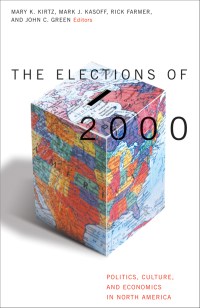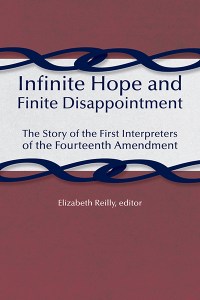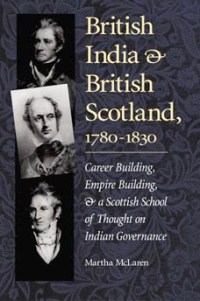Description
Contemporary and controversial, Shannon Gilreath’s Sexual Politics is an important update to the continuing debate over the place of the gay person in American law, politics, and religion. Gilreath skillfully navigates a number of complex issues, including the delicate balance between sexual privacy and public equality, the entwining of religion and U.S. law and politics, and gay marriage. He offers astute academic observations and a depth of personal reflections to create an unmatched critique of the gay person in American society. Ultimately, Gilreath argues for the further emergence of a gay and lesbian ethos of public attentiveness and the practice of “transformative politics,” encompassing all those activities of the gay and lesbian person. Conversational and written with a compelling frankness, this book is vital for the serious legal and political student and the informed lay reader alike.
This brave and honest book calls gay Americans and Americans generally to resistance to the injustice of American homophobia that blights our religion, our politics, and our constitutionalism. Its moving personal story and compelling analysis call for the importance of a more open gay voice as an urgent imperative of a personal and political life based on the values of justice all Americans share.
—David A. J. Richards, Edwin D. Webb Professor of Law, New York University
(author: Women, Gays, and the Constitution and The Case for Gay Rights)
The perspective Gilreath brings to bear—the horizon from which he speaks—is quite distinctive. Though the literature of gay and lesbian studies is growing exponentially, I am aware of no other book quite like this one: thoughtful, passionate social commentary with elements of a memoir added for good measure. Gilreath’s book should be read by anyone who wants to think about “the gay person in America today.”
—Michael J. Perry, Robert W. Woodruff Chair in Law, Emory University
Gilreath offers a timely retrospective and call for future action in this brilliant and provocative study of gay Americans’ interaction with contemporary politics and culture. He brings an important new voice to the field.
—Bryan H. Wildenthal, Thomas Jefferson School of Law, San Diego




